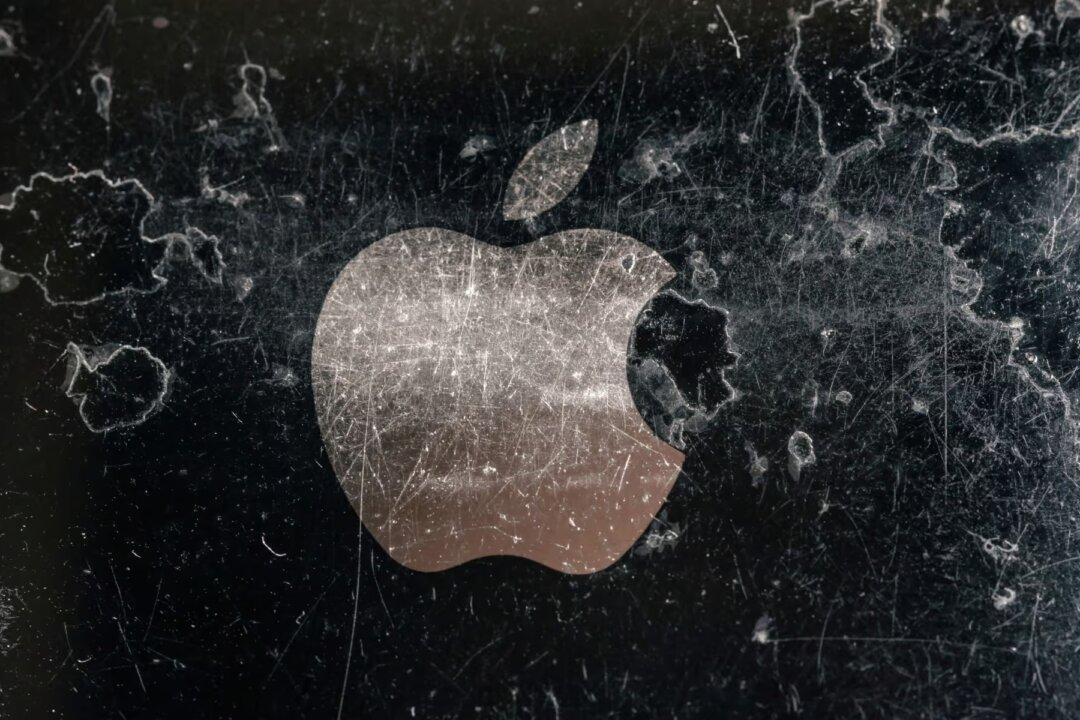Commentary
On May 5, 2021, White House press secretary Jen Psaki issued a mob-like warning to social-media companies and information distributors generally. They need to get with the program and start censoring critics of COVID policy. They need to amplify government propaganda. After all, it would be a shame if something would happen to these companies.





